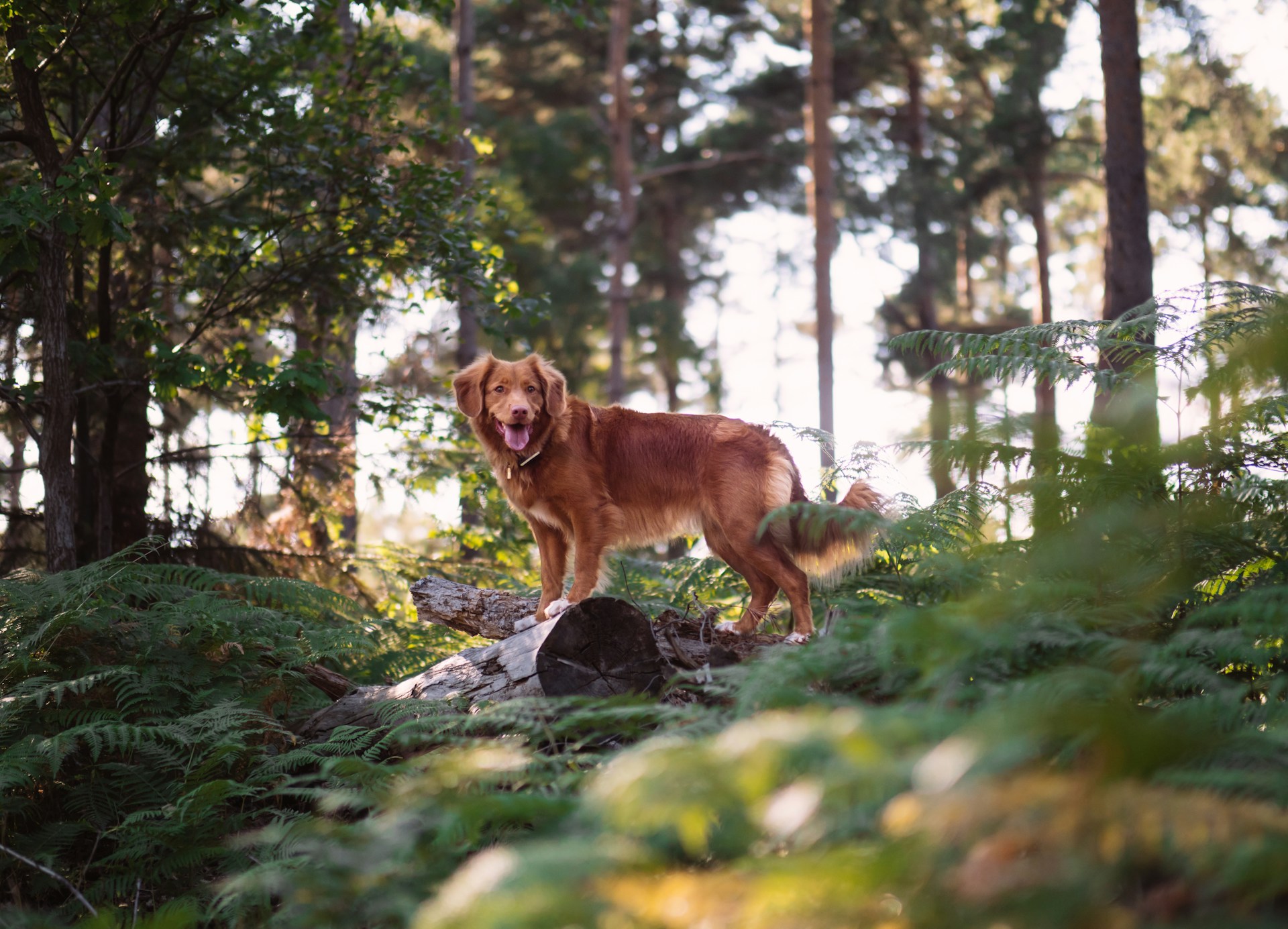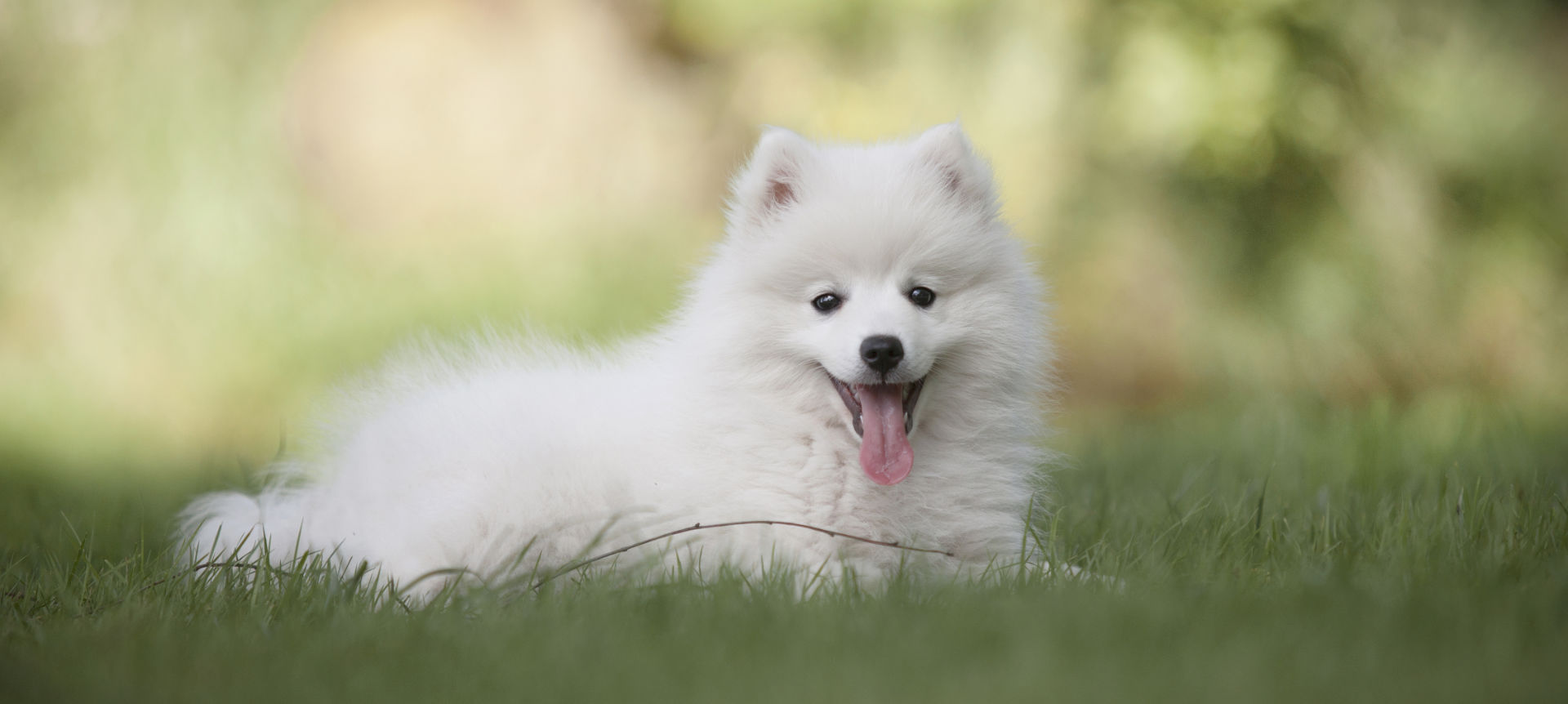
01 Jun Navigating the Wild: Understanding the Risks of Pets Interacting with Wildlife
Welcome to our blog, where we delve into an important aspect of pet ownership: the potential dangers of pets interacting with wildlife. While the bond between pets and the natural world can be enriching, it’s essential for pet owners to recognize and mitigate the risks involved. Join us as we explore common hazards, practical tips, and strategies for keeping pets safe while respecting the wild creatures around us.
Wildlife Encounters: Recognizing the Risks
Interactions between pets and wildlife can pose various risks to both animals involved. From territorial disputes and predation to the transmission of diseases, it’s crucial for pet owners to understand the potential dangers their furry friends may encounter when venturing into wild habitats. Explore common scenarios where pets may encounter wildlife and the associated risks.
Zoonotic Diseases: Protecting Pets and Humans
One of the most significant concerns regarding pets interacting with wildlife is the transmission of zoonotic diseases—illnesses that can be passed between animals and humans.
From rabies and leptospirosis to toxoplasmosis and Lyme disease, the potential for transmission of pathogens from wildlife to pets and subsequently to pet parents underscores the importance of awareness and preventive measures. Whether through direct contact with infected wildlife or exposure to contaminated environments, pets can serve as vectors for zoonotic diseases, posing a risk to the health of both themselves and their humans.
Responsible pet ownership practices, including regular veterinary check-ups, vaccinations, and proper hygiene protocols, are essential for mitigating the risk of zoonotic disease transmission and promoting the well-being of both pets and their families in shared ecosystems.
Predation and Injury: Safeguarding Small Pets
For small pets, such as cats and small dogs, the risk of predation by wildlife predators is a significant concern, especially in rural and suburban areas. Additionally, encounters with larger wildlife species, such as coyotes or birds of prey, can result in serious injury or even death for small pets. Discover strategies for safeguarding small pets from wildlife predators, including supervised outdoor time, secure enclosures, and deterrent methods.
Habitat Destruction and Disturbance
Pets roaming freely in natural habitats can inadvertently contribute to habitat destruction and disturbance, impacting local wildlife populations and ecosystems. Whether it’s trampling vegetation, disrupting nesting sites, or chasing wildlife, the presence of pets can have far-reaching consequences for the delicate balance of nature. Explore ways to minimize the environmental impact of pets in wildlife habitats, such as designated pet-friendly areas and responsible outdoor recreation practices.
Ethical Considerations: Respecting Wildlife and Their Habitat
It is important to keep in mind the well-being and conservation of wildlife species and their habitats. Understanding and respecting wildlife behavior, habitat needs, and ecological roles can help mitigate conflicts and promote coexistence between pets and wildlife. Reflect on the ethical considerations of allowing pets to interact with wildlife and the importance of fostering empathy and stewardship towards the natural world.
Protecting Both Your Pet and Wildlife
While the bond between pets and wildlife is undeniable, it’s essential for pet owners to be mindful of the potential risks and consequences associated with these interactions. By educating ourselves about the hazards, implementing preventive measures, and promoting responsible pet ownership practices, we can ensure the safety and well-being of both our beloved pets and the wild creatures with whom they share their world. Let’s strive for a harmonious coexistence where pets and wildlife thrive in mutual respect and understanding.
Veterinary Dentist in Milwaukee
Another part of keeping your pet safe and healthy is ensuring they maintain good oral health. Whether your pet got something stuck in their teeth while exploring the outdoors or is simply due for a cleaning, we’re here to help. Contact Veterinary Dental Specialists of Wisconsin today to schedule an appointment.
Images used under creative commons license – commercial use (6/1/2024). Photo by Jamie Street on Unsplash


